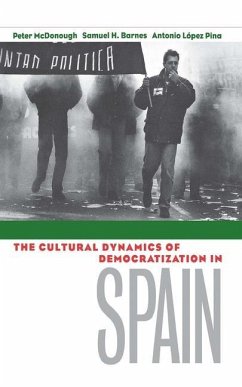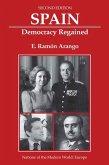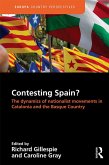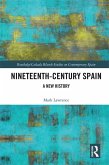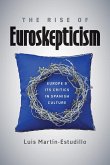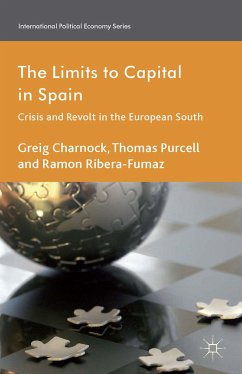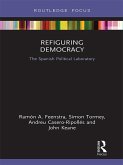Since the death of Franco in 1975, Spain has made a successful transition to democracy. This book looks at what that transition has meant for the Spanish people. Drawing on national surveys taken in 1978, 1980, 1984, and 1990, the authors explore three questions: What is the basis of the new regime's political legitimacy? How did Spanish democracy move from the conservative center-right coalition that engineered the transition to the socialist government that consolidated it? And why is political participation so low among Spaniards? The answers to the first two questions highlight the ambiguity built into the political contrast with the Franco regime and a certain appreciation of the material accomplishments of authoritarianism, the pivotal role of the king in opting for democracy while symbolically spanning traditional and modernizing forces, and finally a movement from foundational issues to economic and social concerns. In response to the third question, the authors illuminate the participatory shortfall in Spanish politics by comparing Spain with Brazil and Korea, two post-authoritarian societies where political involvement is much higher. They consider long-term structural factors as well as short-term strategic actions that have contributed to low civic engagement.
Dieser Download kann aus rechtlichen Gründen nur mit Rechnungsadresse in A, D ausgeliefert werden.

